Belief in witchcraft in Indonesia is very widespread, despite the diversity of customs and beliefs of the country's 261-million population. This is especially felt in Bali, where the division of reality into the material world and the subtle world of spirits is universally accepted.
Dukuns - intermediaries of God or sorcerers?
People in Indonesia devoutly believe in the subtle world, so there is an abundance of dukuns (shamans, sorcerers, or healers) who, as claimed by the local population, can communicate with the spirit world. There are dukuns who can take away your misfortunes for a small fee. Some of them can heal, attract luck, or cast curses. Love spells are also very common.
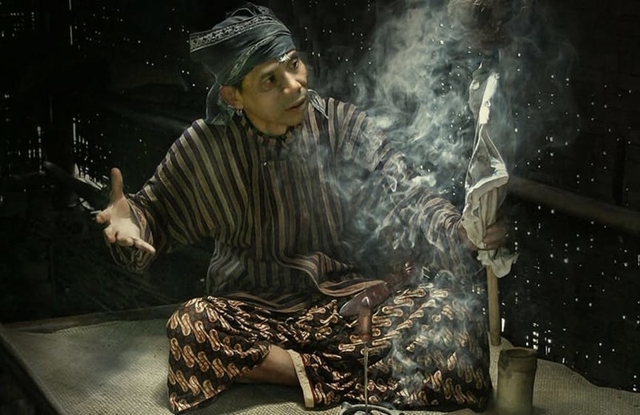
Many local residents don't go to hospitals. When something hurts, they simply turn to a dukun, saying it helps. And it's understandable: traditional medicine in Indonesia is expensive, and medical services are not always of good quality. Interestingly, people prefer to see a doctor for common illnesses, but if they perceive their symptoms as strange – like fever, confusion – they believe it's the result of black magic and prefer a dukun. Especially since with such symptoms, local doctors might refer them to a dukun. Many simply choose a dukun because it's cheaper.
People consult dukuns for illnesses, financial wishes, and family circumstances. There are different types of dukuns here – mediums, numerologists, astrologers, fortune-tellers, wizards, who use water, herbs, massage, incantations, and those who communicate with spirits. Moreover, there's a distinction between dukuns (dukun) who practice white magic (Ilmu Java) and dukuns santet (dukun santet) who practice black magic.
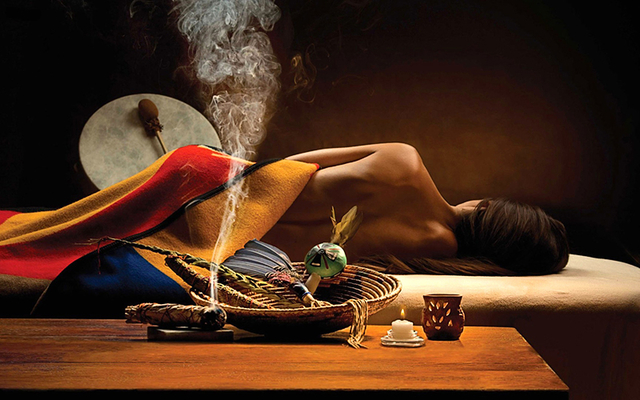
A dukun, typically a man, rarely women, plays a central role in village life, performing important roles in ceremonies, as well as healing or offering advice. Dukunship is usually inherited, but even after receiving the "power," one still needs to learn, either through books or from another dukun. They often combine their practice with other work, like a farmer who sees people for a few hours in the evenings. However, some dedicate themselves to it full-time. They're usually not rich or poor. They don't state a price for their services but accept small gifts or money.
General Suharto, who ruled Indonesia for 33 years (pictured bottom right), often consulted dukuns. One of them, Sudjoyono Humardani, held a high position in the army and held the rank of general. During a presidential visit to Washington, he brought magical sand and scattered it in the White House, seeking American assistance for Jakarta. It worked – the US supported Suharto's dictatorship for three decades.
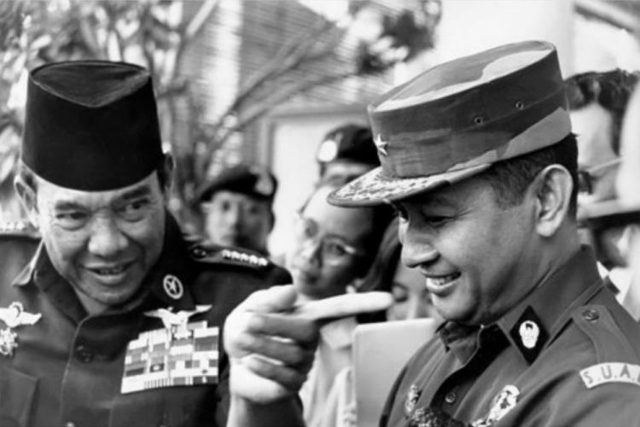
Modern dukuns often try to distance themselves from that term and prefer to call themselves "orang tua" (wise person, elder). The reason for this is the mass killings of dukuns in 1998. It occurred in the Banyuwangi district in East Java. During the period from February to September 1998, up to 200 people were killed, many of whom had no apparent connection to shamanism or healing. Such a high number of victims suggests a well-organized process from above. Initially, the government of Banyuwangi compiled a list of dukuns to protect them from persecution. Somehow, this list included ordinary farmers and devout Muslims as well. However, the list ended up in the wrong hands and became a "list of victims."

In general, a dukun is a phenomenon of Javanese culture, but people from other regions of Indonesia, whether they are Muslims, Hindus, or Buddhists, still believe in the forces of nature and supernatural powers.
How the President Defeated the Unclean Spirits
Belief in the supernatural is so widespread that even the former president of the country, Susilo Bambang Yudhoyono (as you might have guessed, pictured bottom right), described in his 900-page memoir how he encountered black magic and divination. Allegedly, political opponents tried to cast spells on him and his family on the eve of elections. But it didn't work...
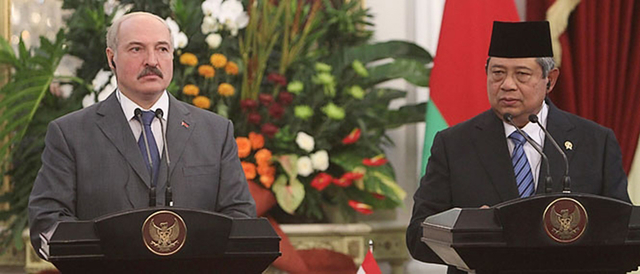
Susilo Bambang Yudhoyono was the president for ten years, from 2004 to 2014. In his memoir "There's Always a Choice," the politician wrote quite seriously about a dark cloud that attempted to enter his room, hovering near the ceiling in the hallway.
"It was like a typical horror movie," writes the high-ranking author, "but it wasn't fiction. This incident actually happened."
President Yudhoyono describes in the chapter "A President Can Also Face Assassination" how one morning, shortly before the 2009 elections, his wife called him. She was in a panic. When the president rushed into the hallway, he saw a dark gray cloud near the ceiling, trying to enter the bedroom. He ordered all the household members to start praying and asking Allah for help immediately. Then he opened all the doors in the house except the door to his room. After a few minutes, the black cloud floated out of the house and disappeared.
Indonesian Legislation and Witchcraft
For more than a decade, there have been rumors of a possible law that would classify the use of witchcraft to inflict illness, death, psychological, or physical suffering on someone as a crime. A draft law has been drawn up, according to which the use of black magic to cause "death, illness, physical, or mental suffering" to a person is punishable by 5 years in prison. Engaging in witchcraft for material gain is considered an aggravating circumstance according to the document, meaning the punishment can be increased by one-third. However, if the court is lenient, a fine of one million rupiahs could be imposed.

It's worth noting that in the last point of the amendments, the authors have a small clarification. As stated by one of the supporters of the changes to the criminal code, it's not about combating sorcerers and witches, but about protecting the population from scammers. According to him, "there are people who claim to have strong magical abilities, but they don't actually possess them."
The Indonesian government has repeatedly attempted to ban black magic, but so far no bill has been passed. However, it's possible that passing such a law would be a step backward, as recently in neighboring Papua New Guinea, they abolished the Witchcraft Act of 1971, which had vague phrasing that encouraged citizens to take matters into their own hands against those they believed were involved in witchcraft.
Real penalties for magical practices.
In early 2016, an Indonesian maid appeared in the first instance court in Dubai, accused of witchcraft. The employer of the 38-year-old Indonesian, a businessman from Jordan, claimed that the family discovered the maid's secret activities after a pair of earrings went missing. When the employer's sister asked the maid about the earrings, she denied having seen them. However, due to the maid being caught several times stealing small items from the house, the family decided to search her room.
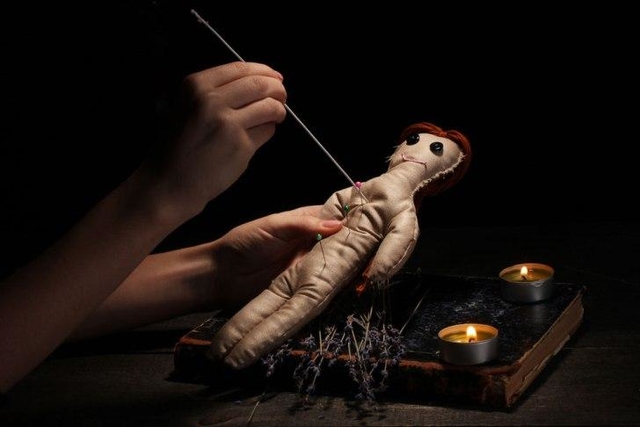
While searching in the woman's wardrobe, the employer's sister found the missing earrings and other family belongings that everyone thought were lost. Several family photos of the employer were also discovered with pins stuck into them and strange inscriptions. In the police station, the maid confessed to practicing witchcraft.
This is one of many examples of such cases, as in Arab countries, magic is officially considered a crime, and migrant workers from different countries like Indonesia, India, Sri Lanka, and others are regularly accused. In Saudi Arabia, there has long been an official entity called the Witchcraft Combat Department.
You can add one right now!